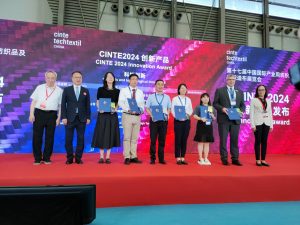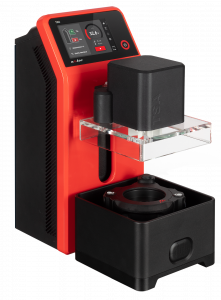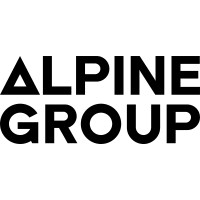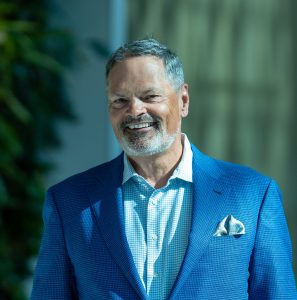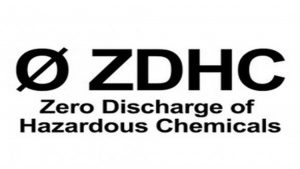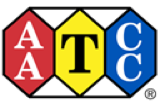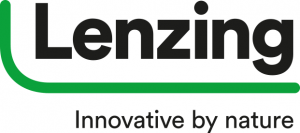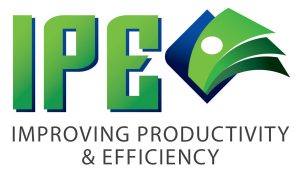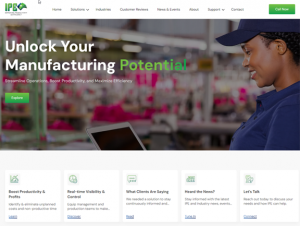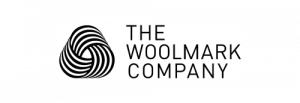 BRUSSELS, Belgium — September 30, 2024 — OUTLOOK™ 2024 took place on 24-26 September 2024 in Rome, gathering a record of 549 delegates from 212 companies and 37 countries across the nonwovens personal care, hygiene & wipes products value chain.
BRUSSELS, Belgium — September 30, 2024 — OUTLOOK™ 2024 took place on 24-26 September 2024 in Rome, gathering a record of 549 delegates from 212 companies and 37 countries across the nonwovens personal care, hygiene & wipes products value chain.
 “OUTLOOK24 has truly exceeded all expectations. I am incredibly proud of the success of this event — from the high-quality presentations to the buzzing energy in the exhibition hall,” said Murat Dogru, general manager of EDANA. “It’s events like this that remind us why we do what we do, serving our members and foster innovation within our community. The overwhelming positive feedback I’ve received is an acknowledgment of the hard work of our team and the vibrant engagement of everyone involved.”
“OUTLOOK24 has truly exceeded all expectations. I am incredibly proud of the success of this event — from the high-quality presentations to the buzzing energy in the exhibition hall,” said Murat Dogru, general manager of EDANA. “It’s events like this that remind us why we do what we do, serving our members and foster innovation within our community. The overwhelming positive feedback I’ve received is an acknowledgment of the hard work of our team and the vibrant engagement of everyone involved.”
OUTLOOK24 Conference
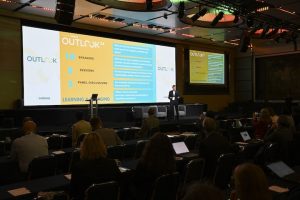 The conference, structured across five key sessions, featured 26 distinguished speakers covering a diverse array of critical topics impacting not only the nonwovens industry but society at large. These topics included cutting-edge innovations and eco-design, evolving market dynamics, navigating new EU regulations, the future of absorbent hygiene products, sustainability, retail strategies, and the challenges posed by China’s influence on European commerce.
The conference, structured across five key sessions, featured 26 distinguished speakers covering a diverse array of critical topics impacting not only the nonwovens industry but society at large. These topics included cutting-edge innovations and eco-design, evolving market dynamics, navigating new EU regulations, the future of absorbent hygiene products, sustainability, retail strategies, and the challenges posed by China’s influence on European commerce.
The event’s first day opened with a compelling presentation by Joachim De Vos, managing partner and Founder of Living Tomorrow & TomorrowLab. As an expert in strategic innovation and scenario planning, he shared valuable insights on guiding organizations towards future-readiness. He highlighted the emerging success factors, emphasizing how Generative AI can be leveraged to develop scenarios for the nonwovens industry, serving as a powerful roadmap for future innovation.
On the second day, James Kynge, the Europe-China correspondent for the Financial Times, delivered a keynote address, “The China Challenge,” emphasizing China’s rapid rise as a global tech superpower, noting that the country produced more than half of the world’s robots last year. He explored the far-reaching impact of this growth on European commerce, highlighting the challenges and outlined strategies for European companies.
The final day of OUTLOOK™ Jack Stratten, director of Insider Trends highlighted in his presentation, “The polarization of choice: How retailers and brands are responding to market and product saturation,” in an unprecedented market saturation that leaves 64% of consumers feeling overwhelmed by choices. He discussed how massive retail platforms drive product saturation, influencing both quality and variety and concluded that differentiation in this crowded landscape occurs by focusing on high-quality, curated selections.
Delegates shared positive feedback highlighting why OUTLOOK is the world’s premier conference for nonwovens, personal care, hygiene, and wipes products.
“I was highly impressed by the well-organized OUTLOOK conference in Rome. The high level of interaction among participants and the quality of the lectures were outstanding. This gives me confidence that the industry is well-equipped to tackle future challenges,” said Mikael Staal Axelsen CEO of Fibertex Personal Care.
“OUTLOOK presents a valuable opportunity for all industry players, offering excellent networking and providing updates on every aspect of the supply chain,” said Patricia Perdiz Fernandez, Application Development & Technical Service – LyondellBasell.
OUTLOOK24 Exhibition
As part of its commitment to fostering connections within the industry, OUTLOOK 2024 continued its tradition of offering extensive networking opportunities to its delegates. This year’s event featured a tabletop exhibition, where 20 companies had the chance to showcase their expertise over the three days.
“This event serves as a compact version of INDEX for the hygiene sector, offering the opportunity to connect with the right people. Exhibiting here not only saves us weeks of travel, but also provides a highly convenient platform to meet with participants,” said Johan Berlin, managing director – Investkonsult Sweden.
“This exhibition is fantastic, bringing together potential leads, customers, and suppliers all in one place, while providing a great opportunity to showcase our products,” said Davide Montanari, Sales Area manager IMA TMC.
The next edition of OUTLOOK will take place from September 23-25, 2025, in Budapest, Hungary at the Marriott Hotel, Budapest with rooms available at preferential EDANA rates. The registration will be open early next year! More details about the event can be found on www.edana.org
Posted: September 30, 2024
Source: EDANA


